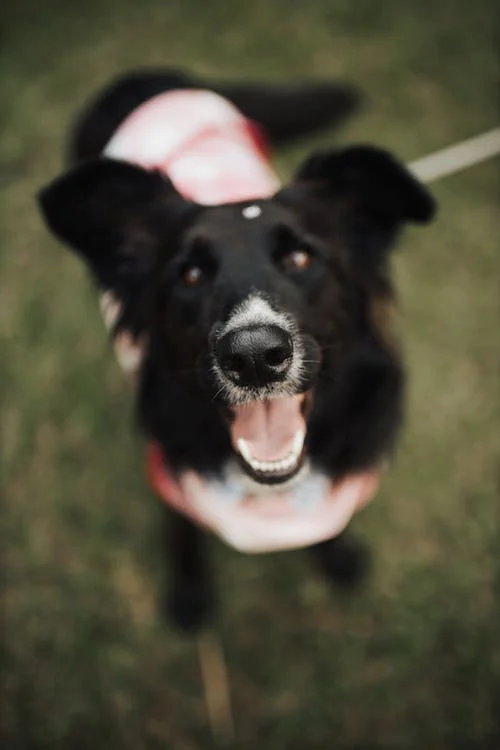Staying well-hydrated critically supports canine health, from digestion to circulation and organ function. But as dogs grow older, you may notice they start ignoring fresh water more often or lap only sparingly. Understanding what causes senior dogs to avoid or reduce drinking guides smart interventions getting their thirst back on track.
Medical Causes of Reduced Water Intake
Several common age-related conditions inhibit adequate hydration, including:
- Dental disease – Resorptive lesions, abscesses, missing teeth and oral inflammation all discourage drinking if painful or difficult. Upwards of 80% of dogs over age 3 develop periodontal disease hampering essential water consumption.
- Dementia – Cognitive dysfunction impairs memories required connecting thirst signals to seeking water. Dogs forget they need to drink. Mark water stations clearly around homes with visual cues.
- Urinary incontinence – Involuntary urine leakage and associated odors sometimes deters elderly dogs from approaching water bowls. Move to easy-access new locations without traces of accidents.
- Joint stiffness – Mobility issues like arthritis prevents arthritic dogs from reaching bowls. Use elevation stands, multiple water stations and orthopedic bowls.

Strategies for Improving Senior Dog Hydration
Beyond addressing underlying medical conditions impeding drinking, also try these tips:
- Check freshness – Change water 2+ times daily
- Flavor water – Low-sodium stocks, bone broths entices sipping
- Offer wet food – Canned foods supply extra fluid
- Use fountains – Movement and sound attracts interest
- Provide larger bowls – Accommodate nose shape
- Bottle feed – Control intake if struggling
- Set reminders – Help forgetful minds remember to drink
Monitor urine dilution and skin tenting over prominent bones to gauge hydration meeting minimum health requirements as dogs age. Ask your vet to demonstrate these quick assessments during checkups as well. No old dog should suffer the effects of preventable dehydration just because drinking slips their mind. Help counter nature’s lapses.

Frequently Asked Questions
Could my senior dog be refusing water due to nausea?
Yes, gastrointestinal issues or medication side effects frequently cause nausea reducing appetite/thirst. Try small amounts of bone broth or low-sodium chicken broth to gently reintroduce hydration until vomiting risk resolves. Consult your vet if refusal lasts 6+ hours.
Is my dog too old to be taught to use a pet fountain?
It’s never too late to try new tricks! Fountains attract senior dogs with movement, sound and freshness. Show them the flowing stream, splash your fingers as example, and teach the word “water” associating the fountain as the source. Offer treats when they approach, drink, or playfully paw at the stream – whatever wins their curiosity.
Why does my elderly dog drink way more than before?
Excessive thirst can signal kidney dysfunction, diabetes or hyperadrenocorticism disease. Schedule a veterinary exam and diagnostic bloodwork to check what underlying issue needs management. Once addressed, thirst should regulate to normal healthy range again long-term.
Don’t dismiss unusual changes in senior dog drinking habits as just a quirk of getting older. Collaborate with your vet on prevention plus creative solutions keeping their golden years glowing. Proper hydration woefully underpins overall wellness.


